Screening from Series Spotlights
A Woman Is a Woman (Une femme est une femme) in 4K
West Coast Restoration Premiere
Starts at $5
Thu, Mar 6, 2025
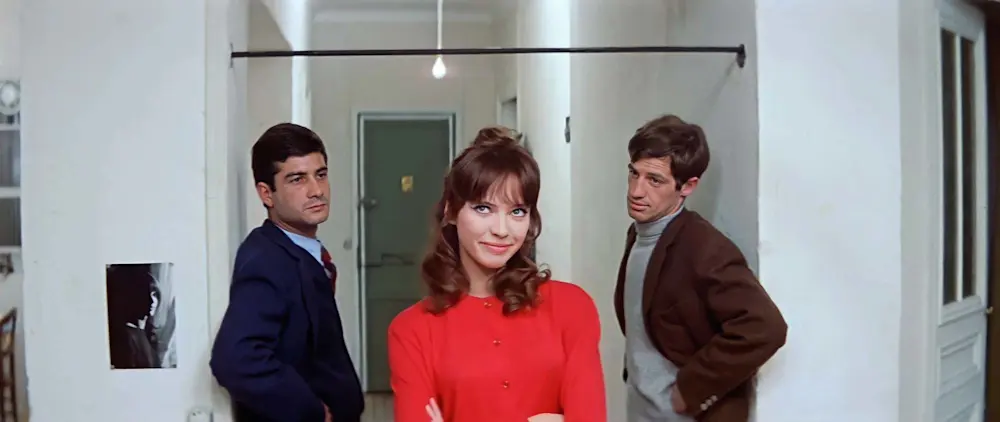
Know Before You Go
Plan your Visit
Theater Policies
Accessibility
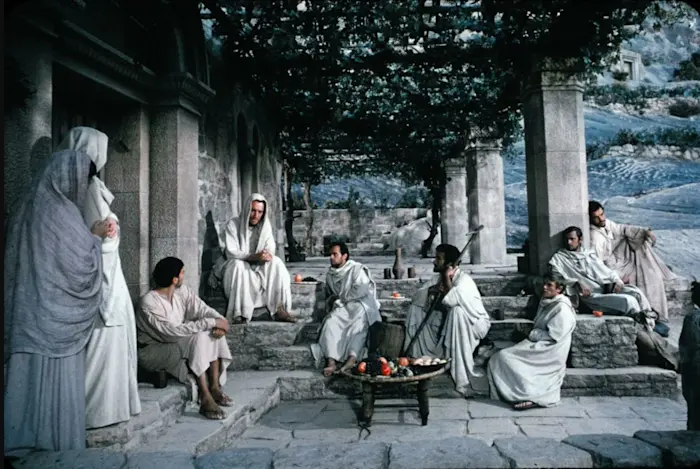
Screenings
The George Stevens Lecture on Directing presents The Greatest Story Ever Told with Guillermo Del Toro
In person: Guillermo Del Toro, George Stevens, Jr.
4K DCP
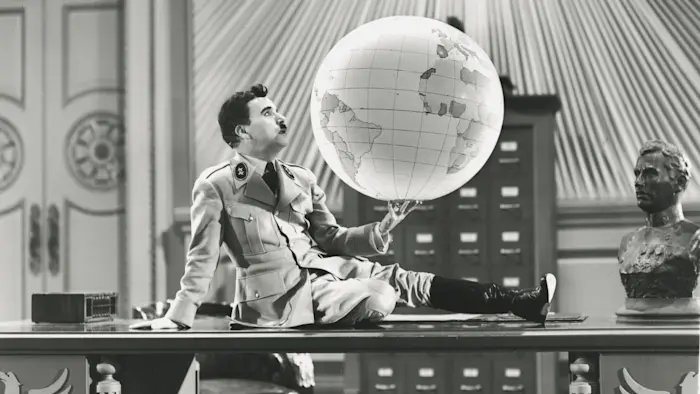
Screenings
International Holocaust Remembrance Day: Imaginary Witness with The Great Dictator
In person: rabbi and scholar Michael Berenbaum
35mm / DCP
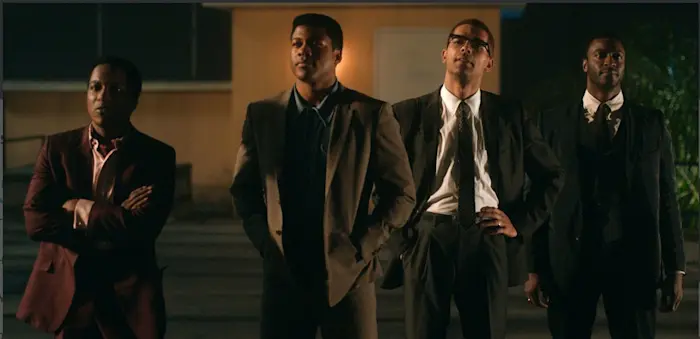
Conversations
Exploring History through One Night in Miami...
In person: director Regina King. writer/producer Kemp Powers, and moderator Ellen C. Scott
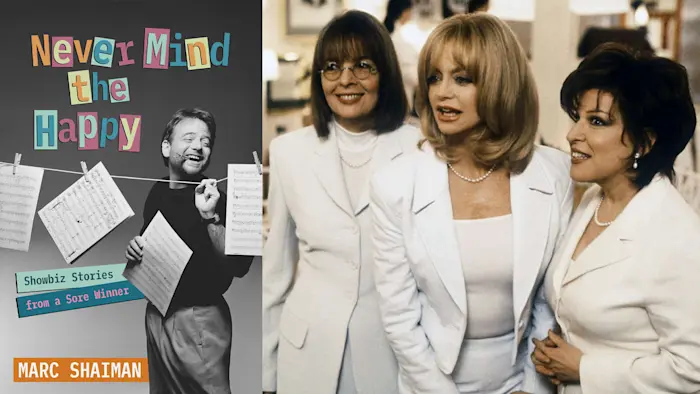
Book Signings
Never Mind the Happy: An Evening with Marc Shaiman and Bette Midler
Composer, lyricist, and music producer Marc Shaiman will sign copies of his book, Never Mind the Happy: Showbiz Stories from a Sore Winner, followed by a lively conversation between him and the iconic Bette Midler.
The two will cap off this unforgettable evening with a screening of The First Wives Club—a comedy that showcases both of their talents to maximum effect, and a bona fide box office smash when it premiered in 1996.
The First Wives Club (1996)
Elise, Brenda, and Annie (a powerhouse assemblage of Goldie Hawn, Bette Midler, and Diane Keaton), are three former college roommates who find their marriages in shambles by their mid-40s. Ultimately empowering each other and restoring their dignity—after making brutal jabs at each other—this indelible trifecta serves as a restorative balm for scorned women everywhere. Buoyed by an Oscar-nominated score by Marc Shaiman, Midler captivates as the witty Brenda and offers her Tony-winning pipes for a cult-favorite rendition of Leslie Gore’s doo-wop hit “You Don’t Own Me.”
About our guests
Marc Shaiman is a renowned American composer, lyricist, arranger, and music producer known for his work across film, television, and theater. Shaiman began his career as a musical director and arranger for Bette Midler before expanding into film scoring. He gained prominence with his work on films such as When Harry Met Sally, The Addams Family, Sister Act, City Slickers, A Few Good Men, Sleepless in Seattle, The American President, and South Park; on television with SNL, and on his recordings with Harry Connick Jr. and Mariah Carey. Shaiman earned widespread acclaim for co-writing the Broadway musical Hairspray alongside his longtime co-lyricist, Scott Wittman. The duo has also co-created the musicals Catch Me If You Can, Charlie and the Chocolate Factory, Some Like It Hot, and Smash. He has been nominated for multiple Academy Awards and has won a Tony, two Emmys, and two Grammys. Marc Shaiman is celebrated for his versatile, emotionally resonant music and his ability to blend classic musical theater sensibilities with modern storytelling. Born and raised in New Jersey, he currently lives in New York with his husband, Lieutenant Commander (ret) Lou Mirabal.
As one of the world’s best-loved and most versatile entertainers, Bette Midler has garnered accolades across all facets of show business. The Divine Miss M’s expansive body of work has been recognized with four Grammy Awards, two Academy Award nominations, three Emmy Awards, two Tony Awards, three Golden Globe Awards, and nine American Comedy Awards. In December 2021, Midler was inducted as part of the 44th Kennedy Center Honors for lifetime artistic achievements. One of the bestselling female singers, her albums have sold over 30 million copies worldwide.
On screen, some of her iconic films include The Rose, Beaches, two Hocus Pocus films, The First Wives Club, and The Stepford Wives, amongst others. On Broadway, she starred in one of the most celebrated musicals in theater history as “Dolly Gallagher Levin” in Hello Dolly! for which she won a Tony.
Midler founded the New York Restoration Project in 1995, an open space conservancy and New York City’s largest private land trust. NYRP is dedicated to protecting and preserving community gardens and other green spaces throughout all five boroughs. NYRP owns and manages 52 community gardens, maintains over 80 acres of parkland, and in collaboration with the New York City Parks Department, has planted over 1 million trees in New York City.
DCP
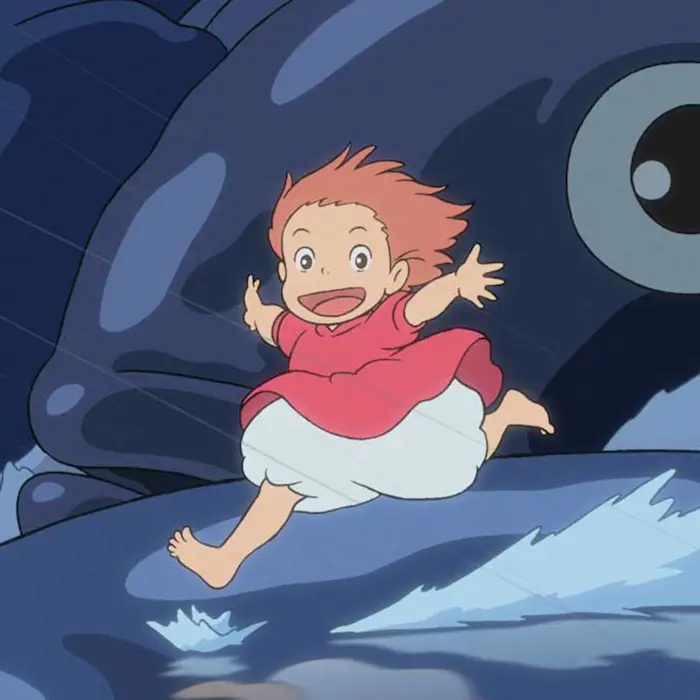
Screenings
Ponyo in 35mm
A delight for audiences of all ages, Ponyo focuses on the friendship between 5-year-old Sosuke and a magical goldfish named Brunhilde, the young daughter of a sorcerer father and a sea-goddess mother. After wandering away from her father’s four-flippered submarine, Brunhilde washes ashore and is discovered by curious Sosuke. Now renamed Ponyo, she yearns to be a real girl and join Sosuke’s family. Touching on classic Hayao Miyazaki themes about balance in nature and how friendships can blossom anywhere—even in the ocean’s depths―Ponyo is one of the director’s most charming features.
This screening celebrates the opening of Studio Ghibli’s PONYO, a new Academy Museum exhibition highlighting the film’s traditional, hand-drawn animation. We invite audiences to dive into the world of Ponyo on the big screen before embarking on a voyage through the Level 2 Wanda Gallery.
35mm
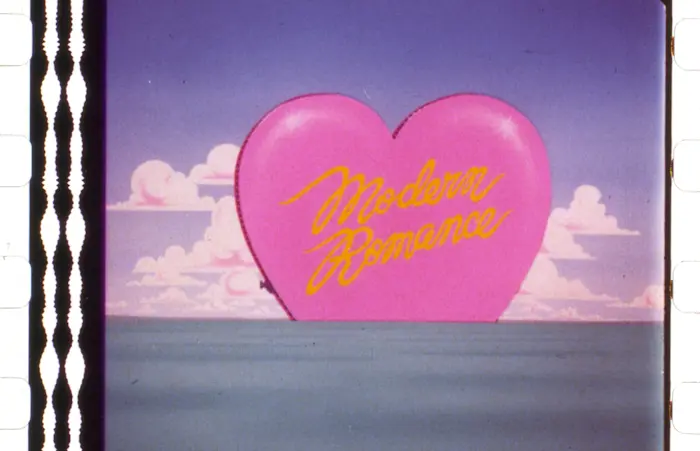
Screenings
Retro Romantics: An Academy Film Archive Trailer Show in 35mm
Love is in the air and on the big screen, courtesy of the world’s largest collection of movie trailers at the Academy Film Archive. This vintage compendium of coming attractions explores the agony and the ecstasy of art-house amour, from red-blooded lust and lovelorn lotharios to feverish melodramas and tortured obsessions. Presented entirely on 35mm film, these preshow entertainments of the last several decades function as miniature films in their own right—many of which haven’t been seen since they originally screened in theaters.
Program and note by Academy Film Archive film preservationists Cassie Blake and Tessa Idlewine. Trailers courtesy of the Packard Humanities Institute Collection. Courtesy of the Academy Film Archive.
Total program runtime: 70 min.
35mm
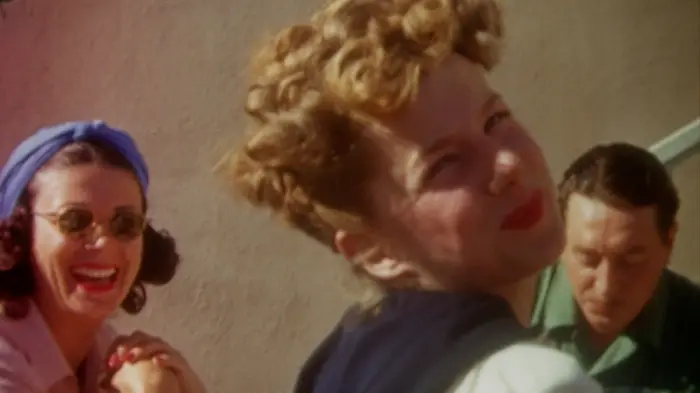
Screenings
Love & Friendship: Hollywood Home Movies from the Academy Film Archive
Home movies are vital treasures that help tell the history of moving images. The Academy Film Archive has long collected and conserved thousands of personal films, focusing on material that broadens perspectives of the motion picture industry; highlights communities underrepresented in mainstream cinema; and documents places and events in Southern California. These unique histories are accessible to researchers, filmmakers, and the public.
Join us for a free and heartfelt program presented jointly by the Academy Museum’s education department and the Academy’s film archive and public access department. The Academy Museum’s Ted Mann Theater will host this celebration of rare, candid moments, all brought to life with a live DJ set from musician Jeff Parker and live narration from the Academy Film Archive staff with very special guest Tony Nicholas, son of Fayard Nicholas of the Nicholas Brothers.
Programmed by: Film Archive Associate Director Taylor Morales and Senior Archive Video Producer Daniel Brantley, with Film Education Manager Tuni Chatterji and Film Education Specialist André Martinez.
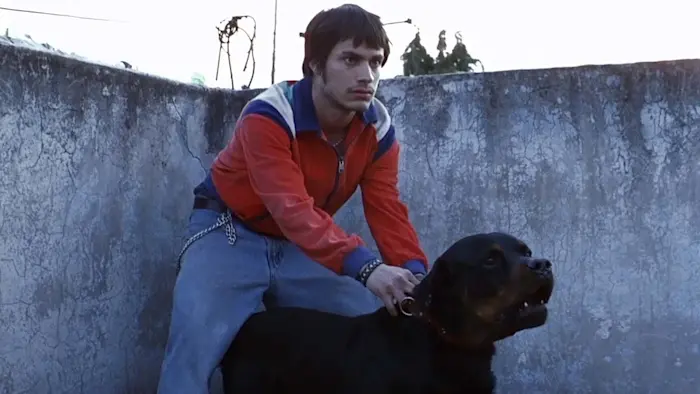
Screenings
Amores Perros in 4K with Alejandro G. Iñárritu
In celebration of the opening of LACMA’s exhibition SUEÑO PERRO: Film Installation by Alejandro G. Iñárritu, marking the 25th anniversary of Amores Perros (2000), Iñárritu’s landmark Academy Award–nominated film, please join us for a screening and conversation with Alejandro G. Iñárritu and Michael Govan, LACMA Director.
The feature directorial debut of Alejandro González Iñárritu—winner of back-to-back Oscars for directing Birdman or (The Unexpected Virtue of Ignorance) (2014) and The Revenant (2015)—Amores Perros tells three unsettling tales linked by a car accident, involving dog fighting, an injured model, and a hired killer. Experience the anniversary celebration with a meticulously restored 4K version, sponsored by Criterion and supervised by director Alejandro G. Iñárritu, cinematographer Rodrigo Prieto, and sound designer Martín Hernández.
As he revisits the film through this new installation, Iñárritu notes: “Over a million feet of film was left on the cutting room floor during the editing of Amores Perros. These intensely charged images, 16 million still frames, were buried in the UNAM film archive for 25 years.” SUEÑO PERRO brings to light never-before-seen footage that speaks to the film’s enduring themes of love, betrayal, and violence. It’s a sensorial and analog installation that, through 35mm projectors and non-narrative fragments, becomes a true statement on lost cinema.
This program is a co-presentation of LACMA and the Academy Museum, and is presented in conjunction with LACMA’s SUEÑO PERRO: Film Installation by Alejandro G. Iñárritu.
4K DCP